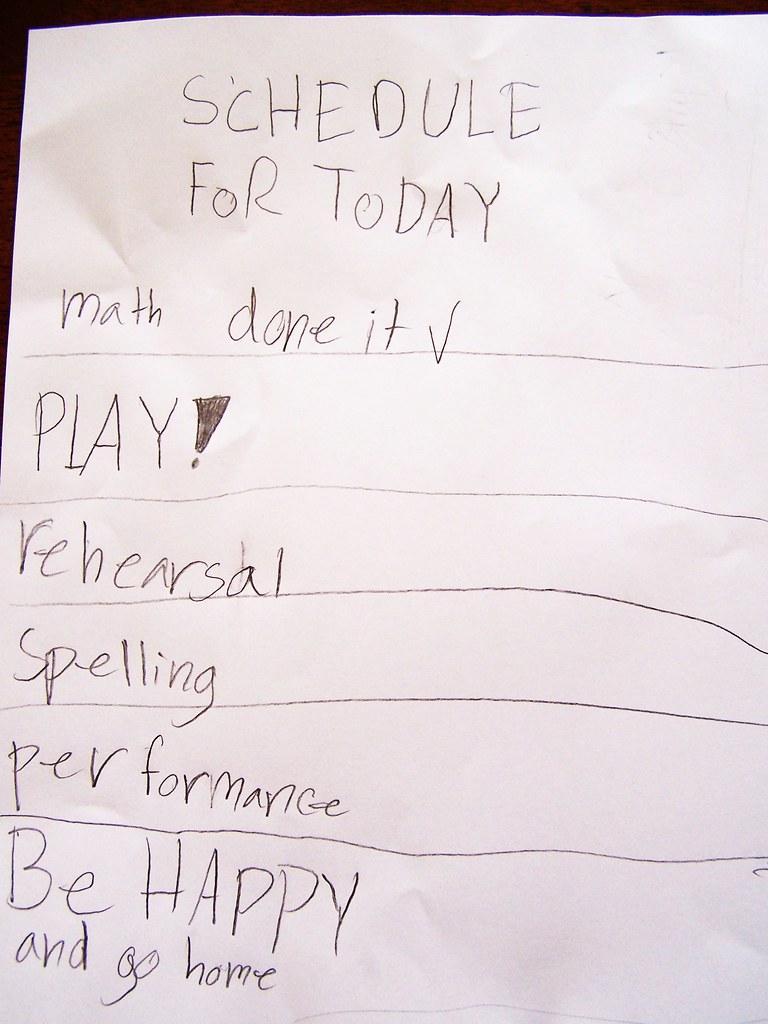Table of contents
Recommended books, articles, etc
Zotero Group Library! Also check out the Starter Packs in Week 6 (Thursday)
(For Zotero: Tags are like social media #hashtags; find them in the left bottom corner
- click on a tag that matches your interest and see what else is there
- clicking multiple tags reveals only items that have all those tags (i.e.: fewer items)
- unclick the tag(s) to broaden the search or return to the full group library view
Remember to add your materials to the library with TAGS and notes!
TIP Did you know you can count “library gardening” as part of class participation? If you do an annotated bibliography anyway (part of research project development), it’s a small extra step for you, but a very beneficial one for all who use the library to have those notes.)

Writing tools and tips
- Manchester U Phrase Bank: transitions in academic essays
- You should also explore the other types (use the left-hand menu on that webpage)
- Some info on Footnotes and anatomy of a footnote (Gdrive slides)
- The mini Plagiarism Quiz
- General tips and quick and easy changes (Google Doc)
- Which terms can be offensive, and what alternative are there? A handy guide!
Project management
Big picture
- McTigue, Erin. “Specifying the end: Project management as applied to writing.” The Academic Author, Fall 2020.
- A short, 2 page article to show how having a goal in mind helps you clarify your path through the writing process. With a few tweaks, you can easily apply this to projects that are not papers or essays, of course: you still need a purpose, have an audience/viewer, have data, a research method etc.
- McIntosh, Meggin. “Ack! My Dissertation Feels like a Bloated Elephant.” Webinar. (90mins)
- Download directly from Meggin’s website. It is free, but this way she knows how many people she reaches. You can always say you heard about her from me, we’re friends and she doesn’t mind her free work being spread around. You will also be on her e-mail list for future freebies, and can unsubscribe at any time. Much of her work is oriented towards academics, but anyone dealing with office situations, e-mail, and writing (possibly future you?) will find her advice useful.
- Although Meggin’s webinar is geared towards graduate students, I’m sure you’ll find much of the information useful. You will have to do some “translating” of the metaphor and the examples, but I trust you to be smart enough to do so. Also note that you’re all trying to eat more than one elephant, of different sizes, at a time: you’re juggling multiple courses, extra-curricular activities, life-stuff, family things,… all of those you can approach with this method: breaking down the overwhelming big thing into small manageable tasks (5-50mins each). At some point you’ll have to do a CUE (Cumulative Undergraduate Experience, a big 1-2 semester course project for the major). That’ll be a big elephant to fit in there somewhere. Easier to do if you break it down into smaller pieces that fit into nooks and crannies!

Planning and time management
Timekeeping
If you don’t know where your time goes, you need to find out: I use Toggl Track, I have a friend who swears by Timeular, and a good old spreadsheet/Google sheet or printed piece of paper in 15′ increments can also help you figure out who steals your time.
But you need to know what is going on before you can organize your tasks to maximize the time you have available.

Planning
Daily, weekly, monthly, quarterly (semesterly) and yearly. And the latter two on a “rolling” basis. (Quarter 1 = January – March, but in February start to take in what April has already in store for you, in March you already look at May, etc.)
- Fill out your planner/calendar with the “hard” landscape: appointments and events you cannot move (dentist, practice, classes,…). Remember to check with family and friends on a regular basis if you’ve caught it all!
- At the END of every (work)day, plan ahead for the next day: check what time is available to you, what needs to get done on that day, and schedule it. (e.g.: read to prepare for FYS106; go to office hours for BIO160 on that thing I still don’t understand; get extra snax for the weekend trip,…)
- Don’t do it in the morning, because someone/something will lay claim to your time before breakfast. You want to reclaim your time for your purposes.
- Do you have a fixed time in the day and the week when you look at what’s ahead and schedule time for the things that need to get done on that specific day/in that week? Create a “Calendar appointment with myself” in your schedule. The weekend is great for this.
- Takes anything from 30mins to 3hrs, depending on your week
- This will produce more tasks/todos as you realize what is all going on in your life that needs to be done.
- Paper or electronic? Or both? Whatever, as long as it’s up to date! If using a hybrid system: make time to reconcile them!
- Never agree to anything before you’ve checked your planner/calendar!
Then: use the available time to pick items from your to-do list, and put them into time slots on your calendar/planner. Over-estimate the time you will need to complete them, until you know how long it takes you to complete such a type of task (e.g. reading an academic article for a class, organizing an event for your club,…)
If you can create large time blocks (2hrs+) to work on a single course/project, that’s great! But if you can’t do that, you can still work in smaller chunks and make great progress –> have your to-do list handy with estimates of tasks.

To-do lists
There is a a whole industry of to-do and other productivity software. In addition to paper, I use Omnifocus, some people swear by Things, Todoist, etc. Bullet Journal is pretty cool for those who like paper (and it doesn’t have to be fancy like the examples they give, you should see my scribbles.) BUT have something that is centralized and trusted: a place where you can park your to-do items without worry that they’ll get thrown out with the scrap paper, lost when your laptop loses power or your browser crashes etc.
Use your to-do list to create a list of items that feed into your schedule: what needs to be done when, and how long will it take? Break big items down into manageable “bites” (see Meggin’s webinar). I compare it to keeping a well-stocked fridge with ingredients ready to start meal prep, all the veggies already pre-cut: I can move my project forward even when I have just 10 minutes, because I have a few ten minute tasks on my list (e.g. ordering an ILL, checking a date or spelling).

Pomodoro and other time management tools
- I love the pomodoro technique. Its basic premise: focus for a specific period of time, then relax for a (shorter) BUT SPECIFIC period of time. I work well with the standard 25′ on, 5′ off ratio, but everybody is different.
- Focus = no interruptions from email, text, phone etc. See also “Unless Your Phone Is in Airplane Mode, You Are Practicing like a Nazgûl” (adjust for college writing/research/study).
- Batch tasks together: fetching books from the library for all your courses; replying to all emails in a single time block (instead of having email open all the time), running all errands instead of sprinkling them through the day: this not only saves time, but allows you to stay in a particular mode of thought. If you’re in “historian mode”, you don’t want to get out into “laundry mode”, because getting back to “historian mode” will take time.
- TOP TIP: Tame your email with the Stack Method. It’s free, fits with any email system (you organize some folders in your inbox). I’ve used it for about a year now and I don’t know where this has been all my life. It takes 90mins-2hrs to watch the videos and set things up but the ROI (Return on Investment) is more than worth it.

Student suggestions/Anything else?
If you have tips, tricks, and suggestions to help your fellow students through larger projects and how to juggle the day-to-day life of a college student, write a blog post (short is fine!), in category HST269. I will link them here, too.
Grouping Tabs in Google Chrome
Check out this handy hack from Charlotte in HST290!
Tip for students with ADHD
Check out this post from Josh in FYS106!